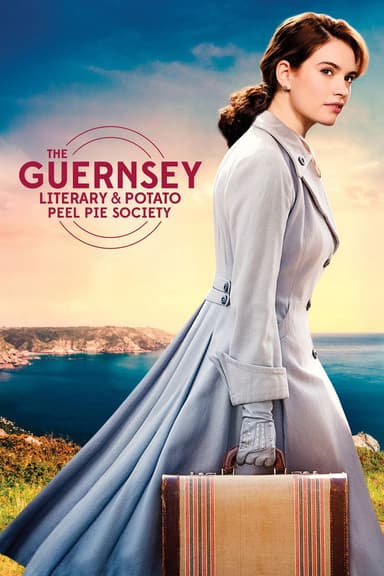
The Optimists of Nine Elms
1973 • Drama • PG
A retired entertainer makes his living as a street musician on the streets of London. Two young children befriend the old musician, brightening his otherwise colorless life
Runtime: 1h 50m
Why you should read the novel
Dive into Anthony Simmons' 'The Optimists of Nine Elms' to experience the original, nuanced portrait of friendship and urban struggle that inspired the film. The novel offers richer inner perspectives from its characters, painting a more layered picture of their lives, hardships, and hopes with sensitivity and detail. Reading the book also provides a greater sense of the cultural and social atmosphere of the era, conveying Simmons' thoughtful prose and character-driven storytelling in a way only the written word can capture.
Adaptation differences
One main difference between Anthony Simmons' novel and its film adaptation is the depth of character exploration. The book delves more thoroughly into the internal worlds of Sam, the aging busker, and the two children, presenting their emotional landscapes with greater intimacy than the film's visual narrative allows. This leads to a more detailed understanding of their motivations, worries, and desires, enriching the story's impact for readers.
Additionally, the novel explores the economic and social circumstances of Nine Elms in the 1970s with broader historical context. In contrast, the movie primarily focuses on the personal stories and relationships, offering fewer insights into the larger societal issues underlying the characters' struggles. The book's attention to setting and social commentary brings deeper meaning to the story beyond individual journeys.
Dialogue and interactions often differ between the two mediums as well. The book allows for more nuanced conversations and inner monologues, shedding light on subtext that may appear understated or unspoken in the film. Readers are therefore invited into the minds of the characters in a way viewers of the movie cannot fully experience.
Finally, the book's ending carries a more ambiguous and contemplative tone, aligning with the open-ended questions raised throughout the narrative. While the movie provides a more resolved and hopeful conclusion, the novel challenges readers to grapple with uncertainties, making the literary experience more thought-provoking and resonant.
The Optimists of Nine Elms inspired from
The Optimists of Nine Elms
by Anthony Simmons










